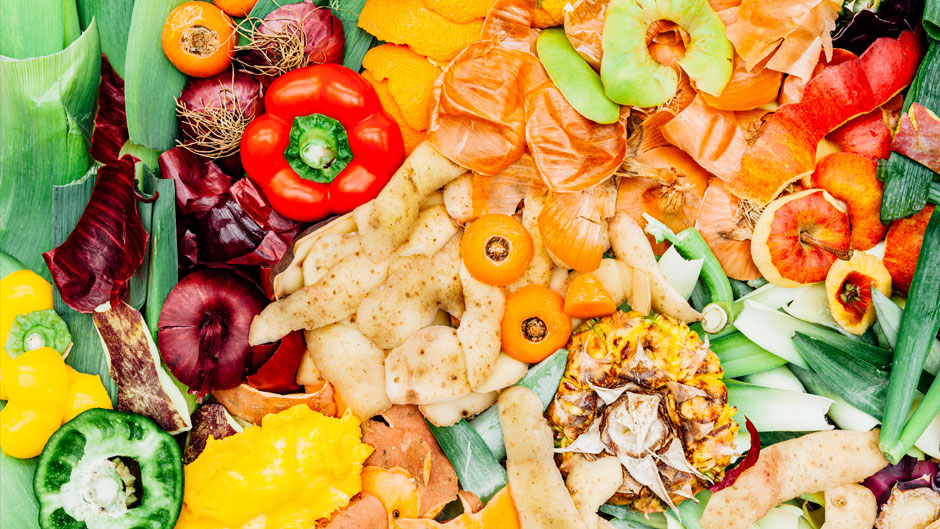Following the success of its inaugural year, the 2022 Food Waste Prevention Week “Food Future Hack” will again challenge university and high school students to brainstorm innovative solutions to one of the pressing issues facing society—global food waste.
The food thrown out by one person or business could be dinner for someone else who goes hungry. A lot of the food that is not consumed ends up in a landfill, releasing greenhouse gases and adding to the climate crisis.
“The solutions to solving the food waste challenge facing humanity are so simple and the actions so rewarding,” said Lokesh Ramamoorthi, a lecturer in the University of Miami College of Engineering. He, along with Elaine Fiore, a sustainability teacher for elementary and middle schools in Broward County, and many regional partners came up with the idea to organize the hackathon.
“By overconsuming, we are not only stressing our environment but also wasting money. Reducing food waste is a win-win-win solution,” Ramamoorthi said.
This year, participants in the virtual “Food Future Hack” will compete for a chance at more than $10,000 in prizes and the opportunity to implement the solutions presented. According to Ramamoorthi, he has noticed a newfound energy in his students to include sustainability in their curriculum and careers.
“I’ve seen a shift in the mindset of students,” he said. “Before they wanted to work for any company. But now I see more students who want to start their own companies with a social purpose. I want to encourage that.”
Sofia Mesa, a senior at the University, has been active in various local, sustainable nonprofit organizations. She served as chair of the Student Government ECO Agency last year and is now the outreach coordinator for Post-Landfill Network, the nationwide organization that helps colleges and universities develop a food waste diversion strategy.
After the success of the inaugural Florida Food Waste Prevention Week in 2021, other states, municipalities, and organizations outside of Florida joined the weeklong initiative.
“We all share the same mission and the more the merrier. So, we decided to drop Florida from the title and create a campaign that would be inclusive of everyone, regardless of location,” said Elaine Fiore, Broward County Public Schools teacher and founder of the Food Conservation Alliance.
Involving young adults is a vital aspect in raising awareness and inspiring everyone to reduce food waste. Through the hackathon, students are encouraged to tap into their creativity to help serve the community, win prizes, and build their resumes.
“Food waste is a solvable problem, and we need all hands on deck. We wanted to make sure that there was a space for our youth to come to the table and talk about solutions,” said Fiore.
The “Food Future Hack” virtual innovation marathon, scheduled for March 4-6, is open to college and high school students. There are two tracks for entry:
• Ideas track—participants develop innovative concepts along with an implementation plan
• Technology track—participants design a prototype of a mobile app or a website
Prizes will be awarded for the ideas and technology categories, a third for best overall, and a fourth as the popular vote winner. Participation is free to students. The deadline to register is 5 p.m. Friday, March 4. Visit www.foodfuturehack.com to register or learn more about the event.

